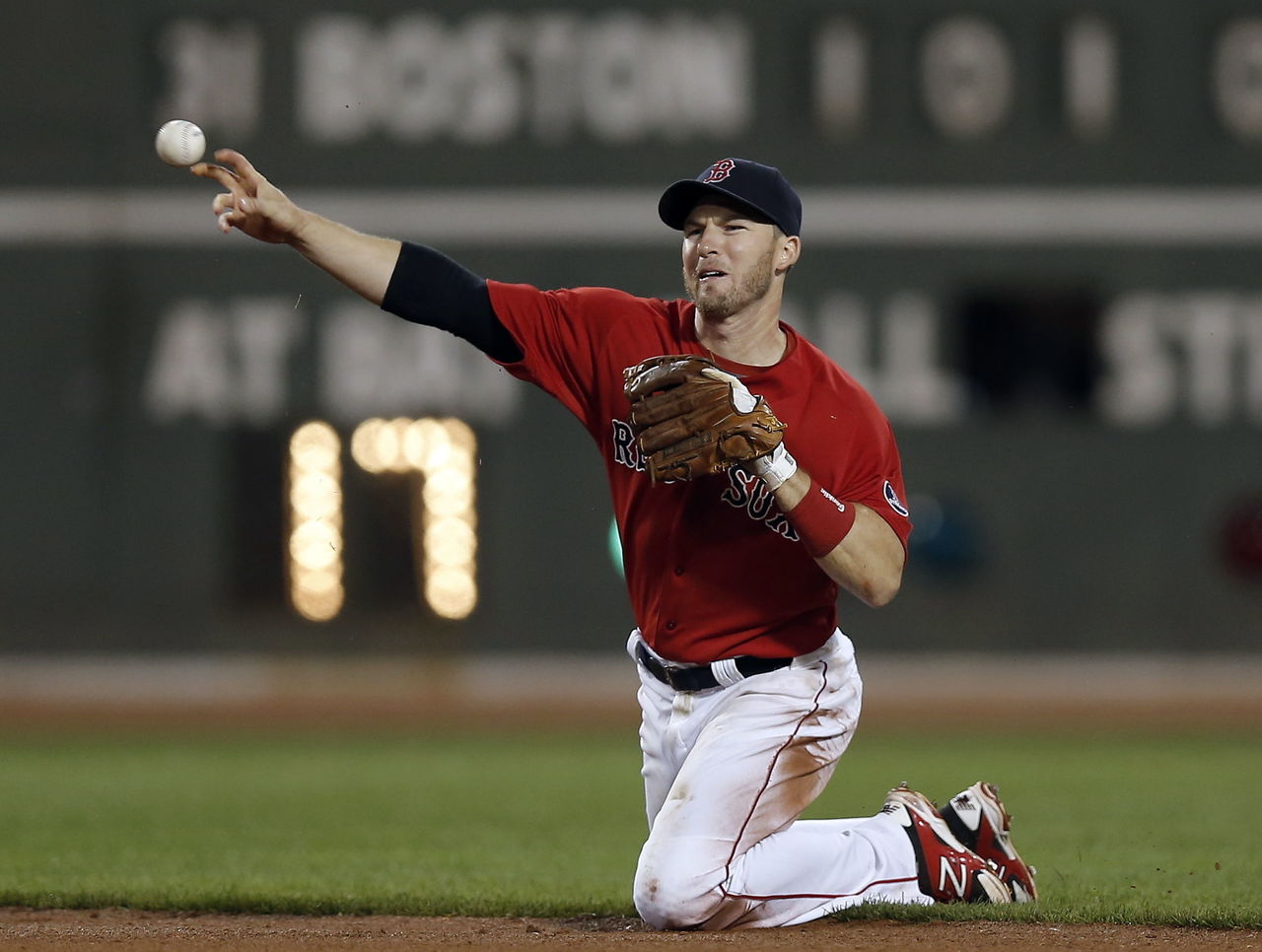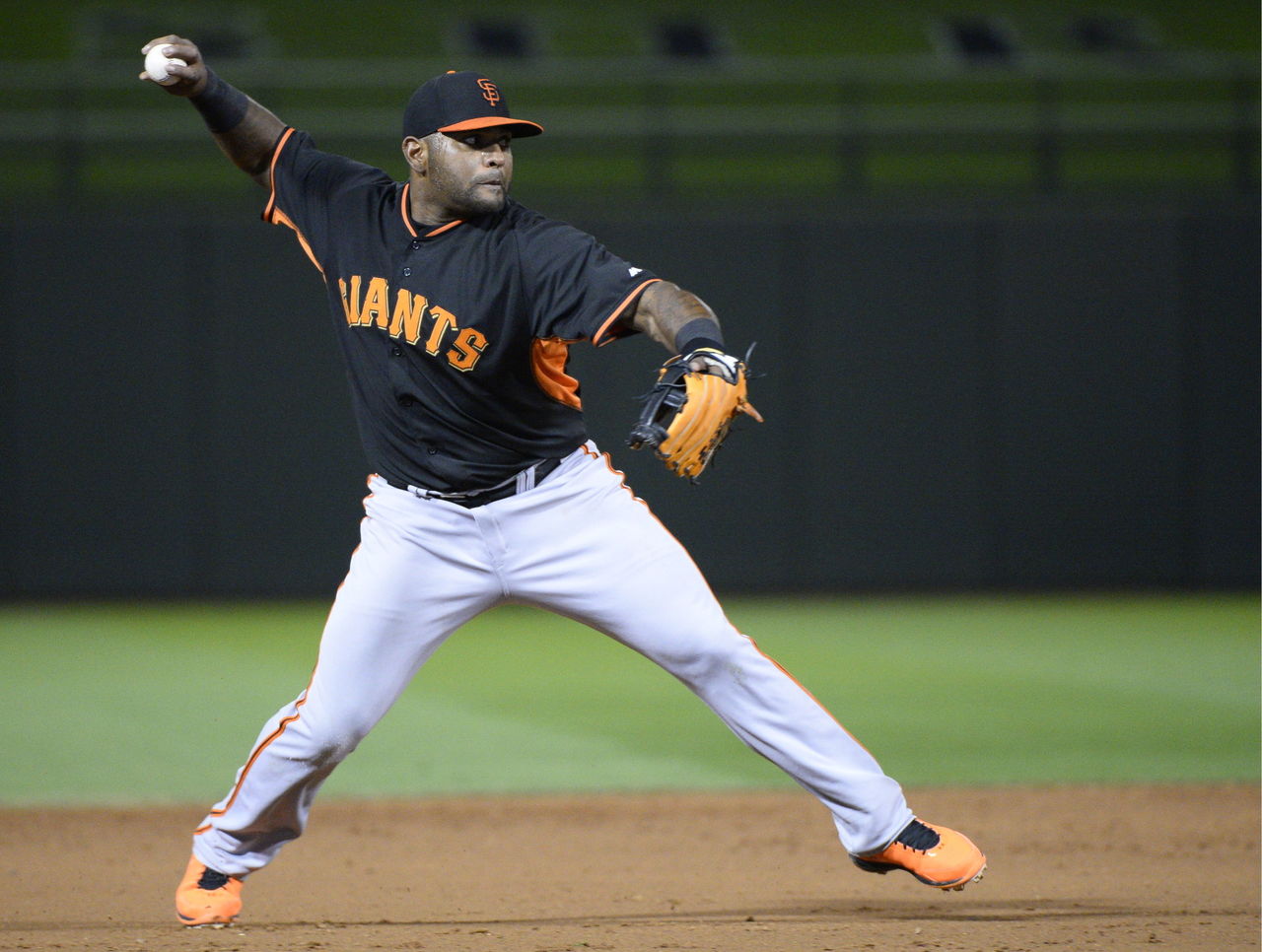Which players will regret turning down big money deals?
Big bit of news here: baseball players make a lot of money. It’s true – if you climb the myriad rungs of the baseball ladder and manage to stay healthy and driven and good enough to become a professional, you can become rich. Provided you can keep performing at a high level and keep avoiding injury as well as the trappings of pro athlete life, you can became extremely rich.
Rich for an employee, mind you. The owners are still wealthy, as Chris Rock famously said, but the athletes are merely rich. The wealth gap between player and owner is enormous but the gap between player and fan is larger still.
Once fans hear about players not only accepting enormous contracts but turning down life-changing money, it attracts ire from every corner of the universe. Undeserved ire borne out of ignorance? Of course. But it is ire none the less.
Because the season begins next week, many teams scurry to lock up deals before the long grind begins and the full attention of both club and player shifts to the field. As such, the broken telephone provides gory details as players turn down reported deals that would make them private island rich.
Without the benefit of hindsight, let’s rank the gamblers and dreamers who reportedly turned down a lifetime of riches in exchange for a shot at even more money down the road.
Stephen Drew

Poor, poor Stephen Drew. Not literally poor, otherwise he’d turn cartwheels at the chance to a sign a three-year deal worth nearly $40 million, as Scott Boras claims he has sitting in his back pocket.
GM today said Scott Boras insists he has three years and $39M on the table for Stephen Drew
— Peter Gammons (@pgammo) March 22, 2014
Reminder, Stephen Drew, the season starts next week! Like, seven days. This is all part of Boras’ master plan to parachute Drew into a new deal once the season starts. But does Team Boras believe Drew will get a better deal than this once the draft pick compensation albatross slips from his neck? Let’s go with no and back away slowly.
The case for Drew: he’s a shortstop who already expressed a willingness to switch to second should the need arise. Shortstops rarely hit the open market, especially 31-year old shortstops with 3 WAR platform seasons (to say nothing of the shiny World Series ring that might attract attention as he signs his deal.) Drew is an upgrade for at least 10 teams, though the number willing to do a long-term deal with Drew is quite obviously lower.
SCORE (arbitrary number out of 10)
- Credibility- 2. Boras’ desperation seeps off the virtual pages with this pipe dream.
- Viability- 6. This isn’t a bad deal for Drew at all. Eager as the Tigers might be to upgraded their depleted SS position, they aren’t throwing three years at Drew considering all their other concerns.
- Regretability – 7. Will Stephen Drew sign a three-year contract between now and the end of his career? Put me down for “no”, which makes taking a pass on this “contract” marginally regrettable.
TOTAL = 15. Luckily, it’s low credibility score makes it only a slightly regrettable response to a mostly hypothetical situation. It will take a heck of a season — remaining healthy and productive without a Spring Training or much time to settle in a new home — for Drew to earn a deal similar to the one Boras and friends cite here.
Ian Desmond

The career turnaround by Ian Desmond is quite remarkable. After a few seasons in the wilderness, Desmond posted great numbers in the Nats’ dream season of 2012. He hit for power like never before. Out to prove it wasn’t a fluke, Desmond put up nearly identical numbers in 2013. Now one of the better shortstops in the league, the Nationals want to lock Desmond down with a long-term contract extension.
After a winter of discussions, the Nats and Desmond avoided arbitration with a two-year, $17.5 million deal that brings him to free agency at the end of the next season.
This week, Jon Heyman and others reported Desmond turned down a contract extension in the neighborhood of six years and $90 million. That’s crazy money! Was Desmond right in walking away from this reported deal?
- Credibility – 6. Jon Heyman has been in this game long enough to not pull numbers out of thin air and not cite two sources who gave him similar stories. That said, as connected as he is, why couldn’t he get agent or GM on the phone? A little fishy…
- Viability – 8. This deal seems entirely plausible within the baseball ecosystem. If anything, it’s a bit of a discount considering Desmond’s current production levels.
- Regretability – 7. Any time a player turns down more than $50 million, it is automatically worth at least five regret points. Also working against Desmond is his age. In the linked piece above, Elvis Andrus‘ name is bandied about as a player who got an eight-year deal worth more than $120 million. Andrus will be in just his age-27 season when that deal kicks in next year. Age is a huge factor when signing a long deal like this.
TOTAL = 21. Even the biggest recent free agent shortstop deal might be tough for Ian Desmond to reach. Jose Reyes and Ian Desmond put up similar numbers in their age-27 & 28 seasons, though it was at that point that Reyes hit the FA market. Desmond won’t test the waters until he’s on the wrong side of 30, meaning plenty can happen between now and the day he wades into the free agent cesspool.
Of course, two more above-average season changes this math greatly. Given the inflation on salaries right now, Desmond could walk away with a nine-digit contract after 2015. Could.
Pablo Sandoval

Pablo Sandoval is an enigma. The allure of potential even greater than his existing production earns him scorn. Fans regard squandered potential through a very similar lens as earnings – “if I had his talent/body…” begins many a pointless sports argument.
For all his shortcomings, Pablo Sandoval is one decent season short of a big time pay day as he heads in free agency at the end of the season. The only team he’s ever known, the San Francisco Giants, are built to win and can hardly afford to lose their everyday third baseman without a viable replacement anywhere to be found.
Despite that apparent difference leverage, the Giants offered Sandoval a mere three years and $40 million once his current one-year deal expires. Sandoval’s agent flatly turned this deal down, stating in no uncertain terms that “if we don’t get the contract we want, we’ll wait.” Reports suggest Sandoval is after more of a five-year, $90 million contract similar to the one extended to his teammate Hunter Pence.
- Credibility – 10. For Sandoval’s agent to address this rumored deal so directly suggests there is a lot of validity to it.
- Viability – 8 . This is a viable contract offer in that he almost certainly exists as a real thing somebody offered. It isn’t really viable as it is a big time underpayment for a player of Sandoval’s age (hitting the FA market after his age-27 season), accomplishments, and future production.
- Regretability – 5. No need to regret a low-ball offer that only serves to set off negotiations.
TOTAL = 23. When (not if) Sandoval and the Giants agree to a deal, all this will be water under the bridge. Though getting through the $50 million and two years standing between club and player is more than a foregone conclusion.
Max Scherzer
The defending AL Cy Young winner is going to get paid. The Tigers’ reported offer of “the Cole Hamelscontract”, a six-year deal worth $144 million was not enough for Max Scherzer. Let there be no doubt, Scherzer is a stud. His four years in Detroit have improved year after year – increasing strikeouts, decreasing walks and home runs as his innings count grows.
Just one year from free agency, Scherzer is sitting on veritable gold mine. He’s going to get paid, either by the Tigers or any other team in baseball that needs as close to an ace as you could hope to find (read: he’s an ace.)
- Credibility – 9. When the team goes out of their way to issue a terse public statement claiming negotiations are shut down for the year, there is no reason to doubt the validity of any offer.
- Viability – 9. Few folks would fault a 30-year-old pitcher for taking the Hamels-sized deal sitting on the table. $144 million? Crazy and yet totally in line with what a Cy Young winner/workhorse like Scherzer would earn once bidding is open to all teams.
- Regretability – 8. He’s a pitcher. Every pitch could be his last for a calendar year. Meticulous about his mechanics and workload as Max Scherzer might be, he remains a pitcher and the mortality rate remains sky high.
TOTAL = 26. It isn’t that Max Scherzer will come to regret walking away from this rumored deal. But what kind of deal awaits Scherzer at year’s end? How much more might he land as a free agent – and from who? Once you reach the “bill and a half” sticker price, there are but a previous few potential suitors. Among those teams rich enough to pay a guy like Scherzer, how many are in the position to actually do so? The Phillies are at the wrong end of their ebb, the Giants are close to spent out, the Dodgers look like they’re closing up their purse (such as it is). The Red Sox? The Mariners? Texas? Even the Tigers have a budget, somewhere.
And he is a pitcher. The injury risk is such that any starter rolling the dice on his own health is a riverboat gambler that some might consider reckless.
The money is out there. Health and performance concerns are for the weak. If you’re trying to grab the nine-digit contract ring, there is no time for worry. Play your game and feel confident the money takes care of herself. Unless you’re Stephen Drew, of course. The invisible hand of the free market works in mysterious ways.